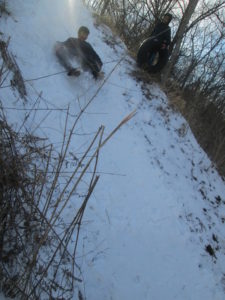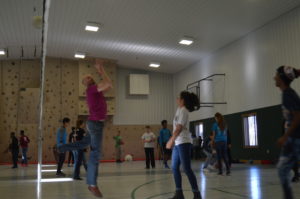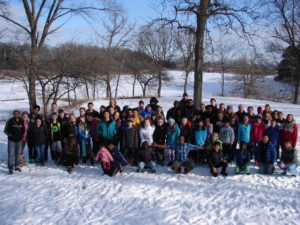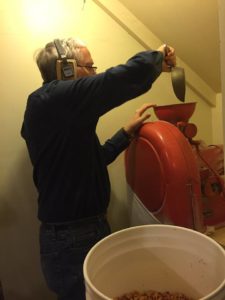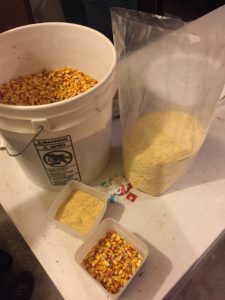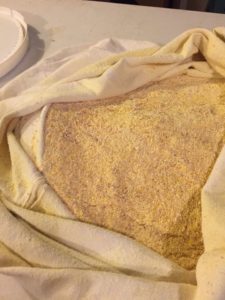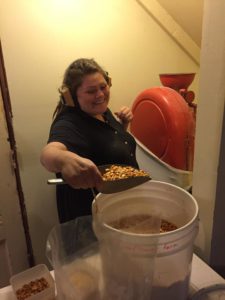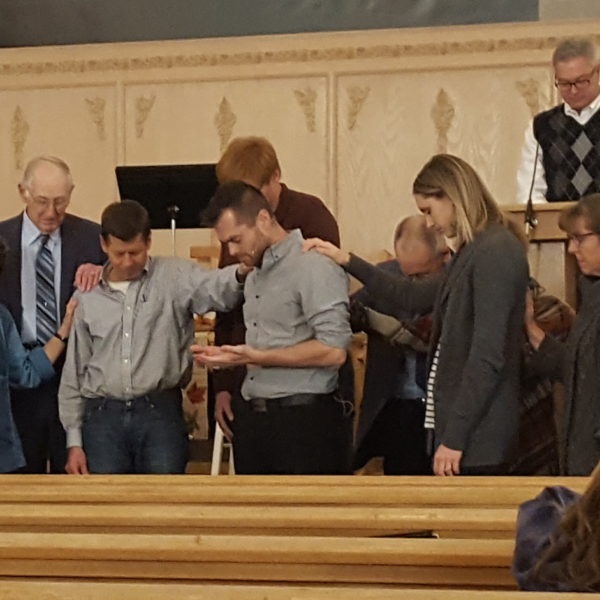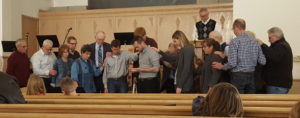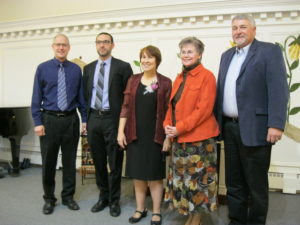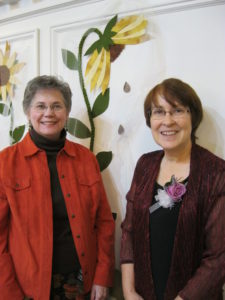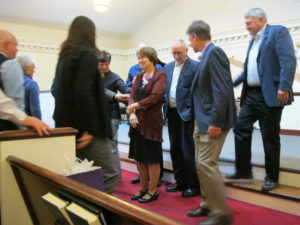The following is a snapshot of congregational life at Cazenovia Mennonite Church of Cazenovia, IL provided by Susie Jauch. If you would like more information on news shared here, please contact the congregation directly. We’re sure they’d love to hear from you.
_______________________________________________________________________
Cazenovia Mennonite Church
We began our service on Oct. 1 by having communion.
This was World Communion Sunday so it was a good feeling to know that others in the world were also celebrating communion.
Women’s Fellowship was held on Oct. 2. This was the first meeting of the season so we organized activities we will be doing during the year.
October was Pastor Appreciation Month, but we celebrated it on Nov. 5. We enjoyed a potluck lunch after church. We had two bushel baskets, one for Dennis Kennell and one for Nelda Kennell. Each of us put a little something in each basket to show our appreciation for everything they have done for us over the year.
On September 25, the Mission Task Force distributed funds as follows: $1,000.00 to Menno Haven, $1,000.00 to Gospel for Asia, and $1,000.00 to Christian Farmers. In their October Meeting, they sent $1,000.00 to Nathan and Cydil Waggoner representing World Gospel Mission.
November is Mission Month. We are focusing on orphanages this year. On Nov. 5 Linda Schrock spoke of an orphanage in Mexico operated by Jeanie Fries. We focused on Tanzania Nov. 12.
Seasons of Life
Deaths
Eldon Kennell, September 7








